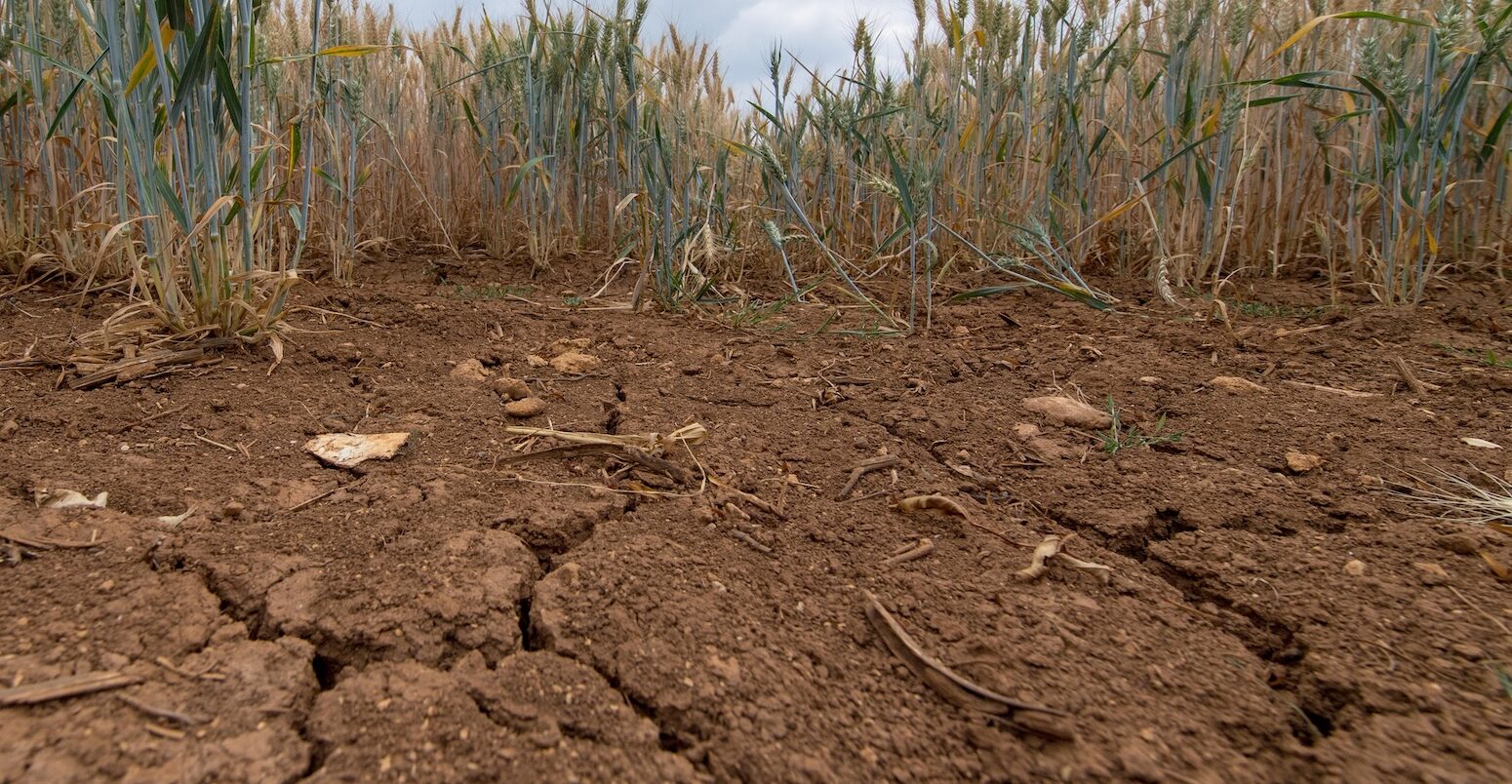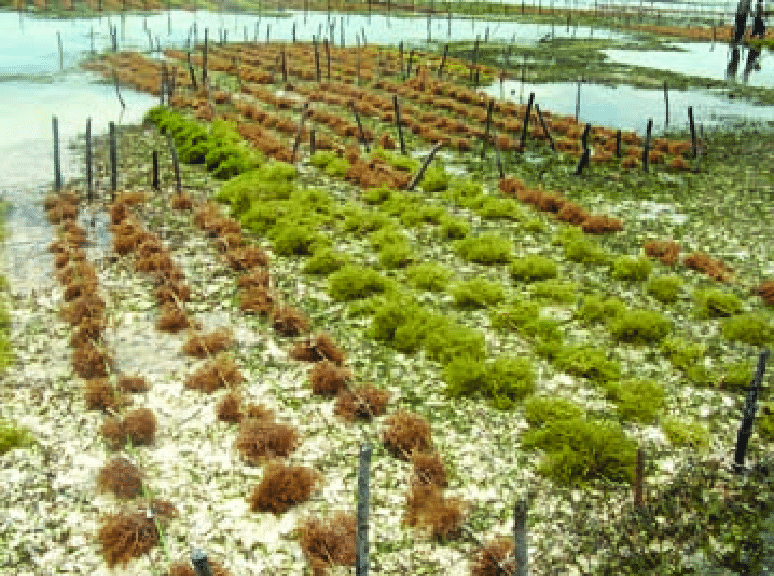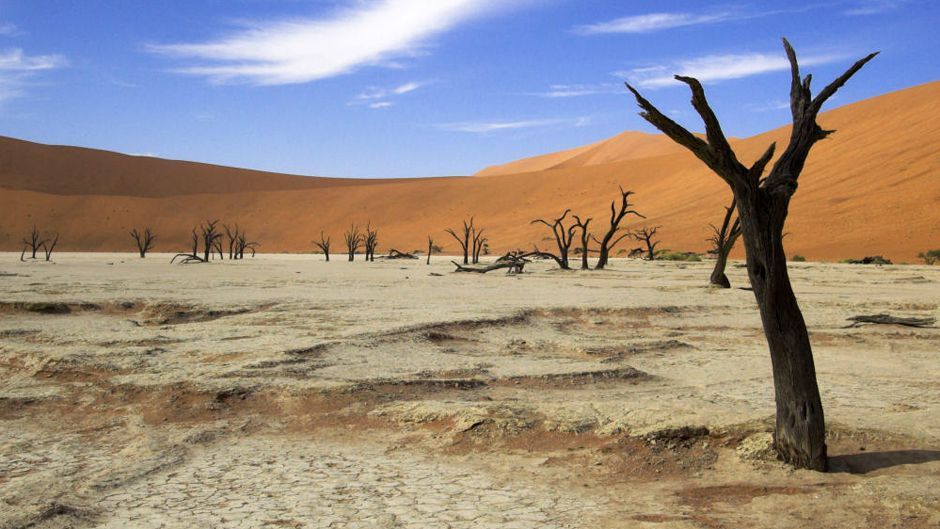During the sixth session of the United Nations Environment Assembly (UNEA 6) held in Nairobi, the paramount importance of healthy land in addressing pressing global challenges such as climate change, biodiversity loss, and sustainable development took center stage. Throughout the week-long meeting, delegates deliberated on strategies to harness the potential of healthy land ecosystems to tackle these multifaceted issues.
A significant outcome of the assembly was the adoption of the inaugural UNEA resolution specifically addressing land degradation. This milestone resolution underscores the urgent need for concerted global efforts to combat land degradation and restore degraded lands to their former vitality.
Moreover, the assembly marked the unveiling of the logo and slogan for the upcoming 16th Conference of the Parties to the United Nations Convention to Combat Desertification (UNCCD COP16), scheduled to convene in Riyadh, Saudi Arabia from December 2 to 13, 2024. This announcement sets the stage for the COP16 conference, which will serve as a pivotal platform for global collaboration and action towards combating desertification and promoting sustainable land management practices.
Speaking at the high-level event on combating land degradation for climate and biodiversity, UNEA 6 President and Minister of Energy Transition and Sustainable Development for the Kingdom of Morocco, Leila Benali, noted: “Land is the only common denominator among the three Rio conventions, and it is only through land restoration that we can achieve their objectives. We need to build on what unites us rather than what divides us and start with working and credible solutions when it comes to land and soil health”.
Announcing the slogan for COP16, “Our Land. Our Future.”, UNCCD Executive Secretary Ibrahim Thiaw said: “COP16 will be a moonshot moment for land, the Paris equivalent for UNCCD. It is crucial that there is convergence and synergy among the three COPs – biodiversity, climate change, and desertification, all taking place this year”.
For the first time, UNEA adopted a resolution calling for strengthening international efforts to combat desertification and land degradation, restore degraded lands, promote land conservation and sustainable land management, contribute to land degradation neutrality and enhance drought resilience. These issues will be front and center at UNCCD COP16.
On behalf of the COP16 Presidency, Osama Ibrahim Faqeeha, Deputy Minister of Environment, Water and Agriculture of Saudi Arabia, said: “Land is not only important for human life but also crucial for biodiversity and maintaining the delicate balance of our environment. We have to recognize the importance of land and other natural elements of our planet, as 24 per cent of greenhouse gas emissions are associated with various land use schemes.”
Through the Saudi Green Initiative, the Saudi government aims to plant 10 billion trees and protect 30 per cent of the Kingdom’s land.
Additional quotes:
Aziz Abdukhakimov, Minister of Ecology, Environmental Protection and Climate Change of the Republic of Uzbekistan, which hosted the meeting to review progress in UNCCD implementation last November, said: “Every minute Uzbekistan loses nine square meters of fertile land, and this is a big problem for any country facing land degradation. It is important to bring together political will, science, and finance to address the challenges of climate change, land degradation, and biodiversity loss”.
Maria Helena Semedo, Deputy Director-General of the Food and Agriculture Organization of the United Nations (FAO) said: “Land is where food begins, and without land, we cannot produce food or feed the planet. We need a holistic approach, avoiding fragmentation, and investing in sustainable transformations of our agri-food systems to ensure food security and address climate change and biodiversity loss”.
Hindou Oumarou Ibrahim, President of the Association for Indigenous Women and Peoples of Chad (AFPAT), said: “Indigenous peoples, who make up 5 per cent of the world’s population, protect 80 per cent of the world’s biodiversity. They are the guardians of ecosystems and masters of restoring land using traditional knowledge. Direct access to finance, policy coordination, and inclusive decision-making are essential to empowering communities and implementing successful land restoration projects”.
UNCCD Land Hero Patricia Kombo from Kenya, who moderated the high-level event at UNEA 6, concluded: “Land degradation is a global challenge that requires concerted action at all levels. It is only by working together that we can restore our land ecosystems, ensure food security, and mitigate the effects of climate change”.
For more information:
UNCCD Press Office, press@unccd.int, +49 228 815 2820, https://www.unccd.int/, @unccd
Recording and photos available: https://www.youtube.com/watch?v=S_oSZoVZJF8
https://drive.google.com/drive/u/1/folders/1QhHqfX_pOFWBuot0ET5hGTogyrWDsq6Q
Remarks by UNCCD Executive Secretary at UNEA 6 available:
For more information about UNEA 6 and UNCCD COP16 visit: https://www.unep.org/environmentassembly/unea6 and https://www.unccd.int/cop16




